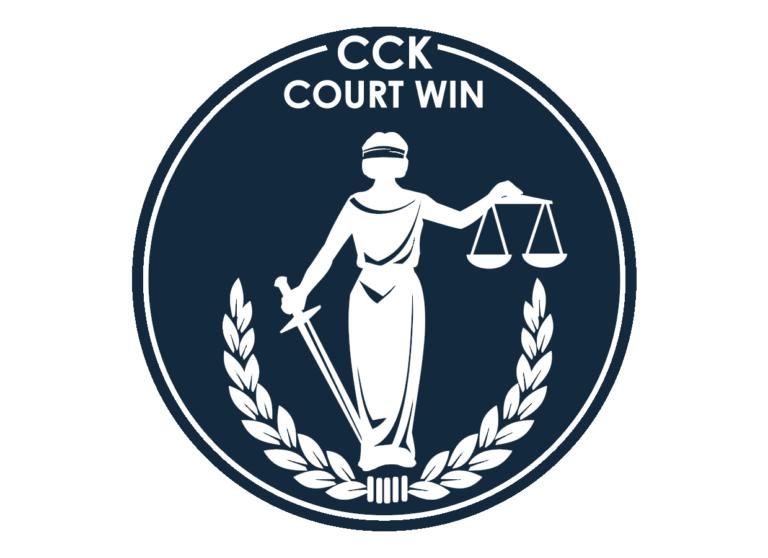PARURESIS DENIAL CONTAINED LEGAL ERROR BY THE BOARD

CCK Law: Our Vital Role in Veterans Law
SUMMARY OF THE CASE
The Veteran served in the United States Navy from January of 1951 to November of 1953. Upon entering the Navy, he reported that it was difficult for him to urinate in front of others. However, his physical examination upon his entry into service did not note this condition. He initially applied for service-connected compensation for his paruresis in July 2008, and was denied. The Veteran continued to appeal this issue to the Board of Veterans’ Appeals, but was again denied.
BOARD DENIES SERVICE CONNECTION FOR PARURESIS
In July of 2017, the Board issued a decision denying service connection for the Veteran’s paruresis. In its decision, the Board determined there was clear and unmistakable evidence that the Veteran was not sound upon entry. Specifically, there was in-service medical evidence indicating that the paruresis pre-existed the Veteran’s service. The Board also found that there was clear and unmistakable evidence that his condition was not aggravated during service. This finding focused heavily on the October 2015 VA examination that concluded the condition was not made worse as a result of his service, but as a result of his surroundings becoming less accommodating.
CCK APPEALS PARURESIS DENIAL TO THE COURT
CCK successfully appealed to the Court of Appeals for Veterans Claims the Board decision that denied service connection for the Veteran’s paruresis. CCK challenged the Board’s finding that the government had provided clear and unmistakable evidence that the condition was not aggravated during service. CCK further argued that the October 2015 examiner did not use the “clear and unmistakable” evidence language. The Board determined that the content of the examiner’s opinion made it “obvious” that the examiner applied this standard.
CAVC AGREES WITH CCK’s ARGUMENTS
CCK argued, and the Court agreed, that it was “not at all obvious” that the examiner applied the proper standard. The Court also acknowledged that the Veteran provided favorable evidence from private treatment providers that determined his paruresis worsened during service. Here, the Board did not sufficiently provide clear and unmistakable evidence that the Veteran’s paruresis did not worsen during service. Accordingly, the Court vacated the Board’s decision and remanded the case back to the Board.
About the Author
Share this Post
